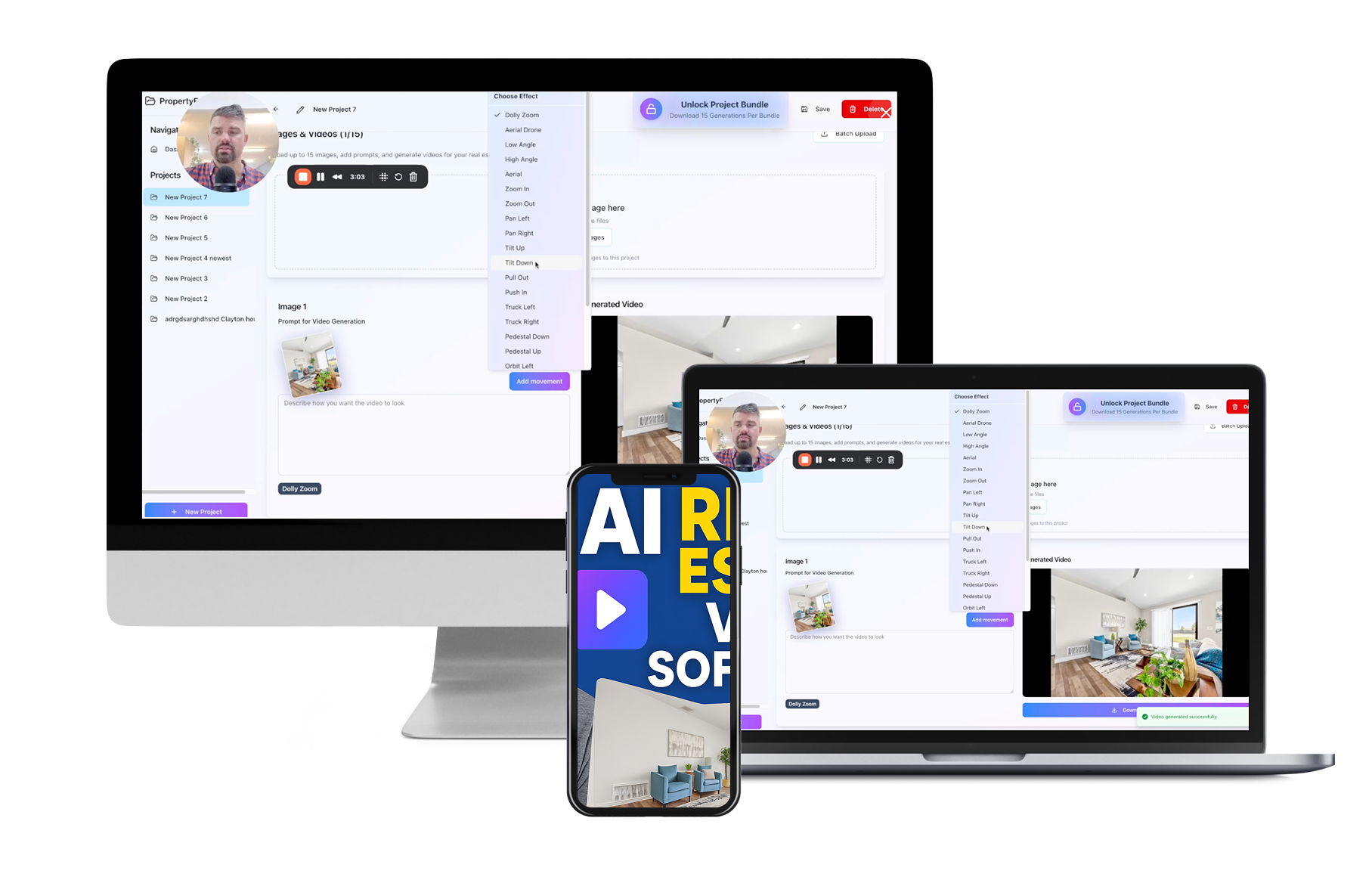
The Future of Real Estate: Exploring Blockchain Beyond Transactions
The real estate industry is on the brink of a revolutionary transformation, and technology is leading the charge. The Future of Real Estate: Exploring Blockchain Beyond Transactions highlights the vast potential blockchain technology holds for reshaping real estate processes far beyond simple transactions. With real estate's inherently complex and multifaceted nature, blockchain introduces unprecedented efficiency, security, and transparency.
Understanding Blockchain in Real Estate
To appreciate the future implications of blockchain in real estate, it is crucial to comprehend its foundational benefits:
- Decentralization: Eliminates intermediaries and reduces costs.
- Transparency: Every transaction is recorded on a public or private ledger, visible to all stakeholders.
- Security: Encrypts data, making unauthorized tampering nearly impossible.
- Efficiency: Automates processes like title searches and property transfers.
Blockchain’s impact on the real estate sector extends beyond what these core advantages offer, reaching into areas that redefine current market operations.
Real Estate Transactions Evolved
While most discussions focus on the advantages blockchain brings to transaction processes, the future scope is much broader. The Future of Real Estate: Exploring Blockchain Beyond Transactions includes smart contracts which automate stipulations of sales agreements, increasing speed and trust.
- Speed and Certainty: Buyers and sellers can transact properties faster with a blockchain-based registry. Smart contracts trigger automatic actions, reducing closing time.
- Reduced Fraud Risks: Blockchain’s immutability ensures that property titles and deeds are tamper-proof, minimizing fraud potential.
- Cross-Border Transactions: With blockchain, foreign investments can be facilitated more seamlessly and transparently.
Exploring Blockchain Beyond Transactions
The Future of Real Estate: Exploring Blockchain Beyond Transactions delves deeper into uses that extend far beyond the buying and selling process.
Blockchain in Property Management
Blockchain enhances the property management experience by streamlining operations through:
- Automated Lease Agreements: Smart contracts manage rental agreements, reducing administrative overhead.
- Transparent Maintenance Records: Ensuring that records of repairs and maintenance are accurate and easily accessible.
- Streamlined Tenant Onboarding: Background checks and identity verifications are faster and more secure.
Supply Chain Management in Construction
In real estate development, blockchain’s influence on supply chain management has emerged as a game-changer:
- Inventory Tracking: Real-time transparency regarding the origin and quality of construction materials.
- Payment and Labor Contracts: Reduces disputes by automating payment releases upon completed project stages.
Real Estate Tokenization: A New Era of Investment
Tokenization stands as one of blockchain’s most promising applications in real estate:
- Fractional Ownership: Allows for the purchase of property shares, broadening the investor base.
- Liquidity: Provides an avenue for property owners to quickly sell stakes.
- Diversification: Investors can diversify portfolios by investing in multiple tokenized properties.
Challenges and Considerations in Blockchain Real Estate
While promising, blockchain’s integration into real estate involves addressing specific challenges:
Regulatory Environment
Navigating the legal landscape is pivotal. Laws must evolve to accommodate blockchain, ensuring compatibility with traditional systems.
Market Adoption
Widespread market adoption hinges on awareness and education of the potential blockchain offers.
Technology and Security Concerns
Ensuring the security of digital ledgers and protecting against technological failures requires significant attention.
Case Studies: Blockchain Innovation in Practice
Several companies are already pioneering the integration of blockchain in real estate:
- Propy: Facilitated the first blockchain-recorded property sale in the United States.
- RealT: Offers fractional ownership in properties through tokenization.
- BrikBit: Focuses on entire property ecosystems, including tokenization and smart contract management.
Conclusion: Embracing the Future
The seamless transformation of real estate through blockchain is not a distant dream but an evolving journey. The Future of Real Estate: Exploring Blockchain Beyond Transactions promises significant advancement in efficiency, security, and transparency, setting new industry standards. Real estate professionals and investors alike should start embracing this technology, preparing for a future where blockchain is ubiquitous.
For those curious about how blockchain can transform their real estate experience, staying informed and adaptable is key. Exploring blockchain solutions today will be crucial for staying competitive tomorrow.
Call to Action: Embrace the evolving future of real estate by integrating blockchain solutions. Contact us for a consultation on how blockchain can enhance your real estate venture.



